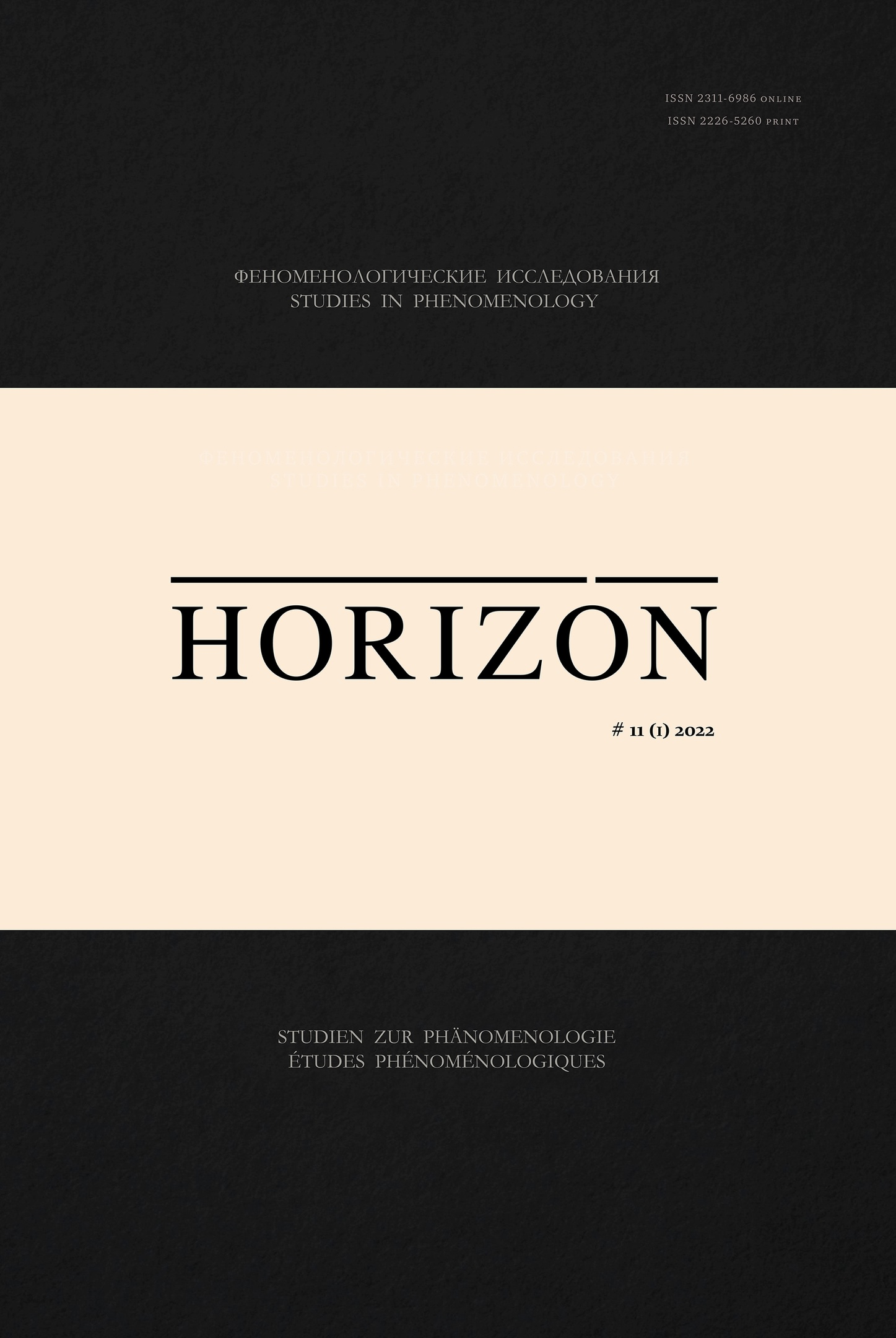ИСЧЕЗАЮЩИЙ ИДЕАЛИЗМ ВИТГЕНШТЕЙНА
WITTGENSTEIN’S DISAPPEARING IDEALISM
Author(s): Garris RogonyanSubject(s): History of Philosophy, Philosophical Traditions, Analytic Philosophy, Philosophy of Language
Published by: Издательство Санкт-Петербургского государственного университета
Keywords: Ludwig Wittgenstein; Bernard Williams; Jonathan Lear; John McDowell; transcendental idealism; relativism; language games; forms of life;
Summary/Abstract: The article examines some well-known attempts to consider Ludwig Wittgenstein’s Philosophical Investigations in the context of transcendental idealism. The main purpose of these attempts is to protect Wittgenstein’s later philosophy from the relativistic interpretation of such concepts a “language games” and “forms of life.” Thus, Bernard Williams, noting the ambiguity of the pronoun “we” in Philosophical Investigations, believes that such a “we” has a transcendental rather than empirical character. This approach allows Williams to argue that there is no meaningful alternative to the general perspective on the world that is embodied in this “we.” However, the main disadvantage of this approach is that Williams views such a “we” in much the same way as a conceptual schema. However, as many authors point out, this idea does not find its confirmation in the later works of Wittgenstein. Jonathan Lear, in turn, suggests that we should consider such a non-empirical “we” as a special kind of “mindedness. ”Such a mindedness could be considered as analogous to a Kant’s analytical principle of apperception. Lear believes that it is this principle that gives meaningful unity to human behaviour and makes possible any communication with other people. Following Williams and trying to correct the shortcomings of his position, Lear proposes to consider the ambiguous status of “we” in Philosophical Investigations as an argument in favour of the “disappearance” of the transcendental “we,” and with it the disappearance of the threat of relativism. John McDowell, however, agreeing with the need to get rid Wittgenstein’s philosophy of relativistic interpretations, critically assesses the idea of using transcendental idealism for this purpose. Instead, McDowell proposes to return to Hegel’s thesis about the unboundedness of the conceptual, which makes it unnecessary to appeal to the transcendental justification of harmony between reason and the world. The article, therefore, also examines McDowell’s arguments against attributing to Wittgenstein any versions of transcendental idealism.
Journal: Horizon. Феноменологические исследования
- Issue Year: 11/2022
- Issue No: 1
- Page Range: 229-247
- Page Count: 19
- Language: Russian

